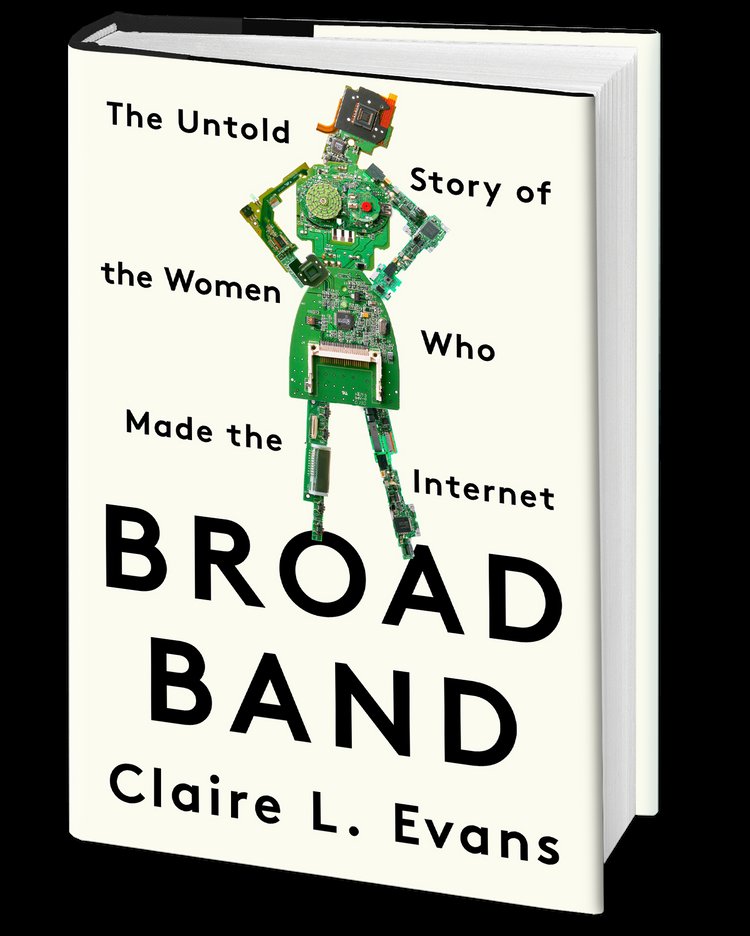(Forsyth, et. al. 2016)
Musicians and their constant battle with substance abuse: A [thread] of studies & findings on the subject 👇
(Forsyth, et. al. 2016)
(Miller & Quigley, 2011, p. 401)
(Patalano, 2000)
Also, the confessional recovery memoir is now an established and popular genre. (Oksanen, 2013; Forsyth, Lennox & Emslie, 2016)
Alcohol and marijuana have been employed to relieve creative anxiety or lack of confidence (Belli, 2009; Groce, 1991)
BUT 👇
Some are known to self-medicate using marijuana and alcohol (Roland, 1994)
Atlantic Records in the late 1960s was supplying marijuana and cocaine to artists, disc jockeys and journalists (Goodman, 1997)
Casablanca Records, LA had a large drug budget, the office was filled with people chopping cocaine. with visits from a woman who took their drug order for the next day (Dannen, 1990)
Hip hop subcultural identity brought a harder, rougher, more criminal edge, with street drug dealing a big fixture (Singer & Mirhej 2006)
More from Culture
You May Also Like
THREAD: 12 Things Everyone Should Know About IQ
1. IQ is one of the most heritable psychological traits – that is, individual differences in IQ are strongly associated with individual differences in genes (at least in fairly typical modern environments). https://t.co/3XxzW9bxLE

2. The heritability of IQ *increases* from childhood to adulthood. Meanwhile, the effect of the shared environment largely fades away. In other words, when it comes to IQ, nature becomes more important as we get older, nurture less. https://t.co/UqtS1lpw3n

3. IQ scores have been increasing for the last century or so, a phenomenon known as the Flynn effect. https://t.co/sCZvCst3hw (N ≈ 4 million)
(Note that the Flynn effect shows that IQ isn't 100% genetic; it doesn't show that it's 100% environmental.)

4. IQ predicts many important real world outcomes.
For example, though far from perfect, IQ is the single-best predictor of job performance we have – much better than Emotional Intelligence, the Big Five, Grit, etc. https://t.co/rKUgKDAAVx https://t.co/DWbVI8QSU3

5. Higher IQ is associated with a lower risk of death from most causes, including cardiovascular disease, respiratory disease, most forms of cancer, homicide, suicide, and accident. https://t.co/PJjGNyeQRA (N = 728,160)

1. IQ is one of the most heritable psychological traits – that is, individual differences in IQ are strongly associated with individual differences in genes (at least in fairly typical modern environments). https://t.co/3XxzW9bxLE

2. The heritability of IQ *increases* from childhood to adulthood. Meanwhile, the effect of the shared environment largely fades away. In other words, when it comes to IQ, nature becomes more important as we get older, nurture less. https://t.co/UqtS1lpw3n

3. IQ scores have been increasing for the last century or so, a phenomenon known as the Flynn effect. https://t.co/sCZvCst3hw (N ≈ 4 million)
(Note that the Flynn effect shows that IQ isn't 100% genetic; it doesn't show that it's 100% environmental.)

4. IQ predicts many important real world outcomes.
For example, though far from perfect, IQ is the single-best predictor of job performance we have – much better than Emotional Intelligence, the Big Five, Grit, etc. https://t.co/rKUgKDAAVx https://t.co/DWbVI8QSU3

5. Higher IQ is associated with a lower risk of death from most causes, including cardiovascular disease, respiratory disease, most forms of cancer, homicide, suicide, and accident. https://t.co/PJjGNyeQRA (N = 728,160)





























